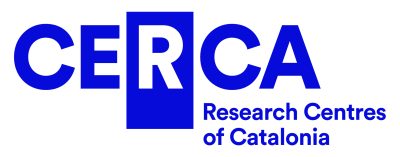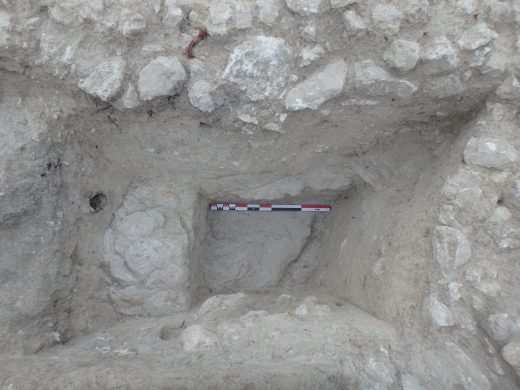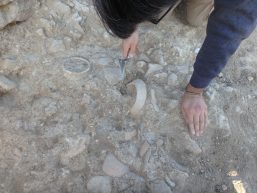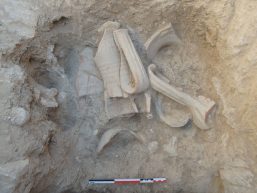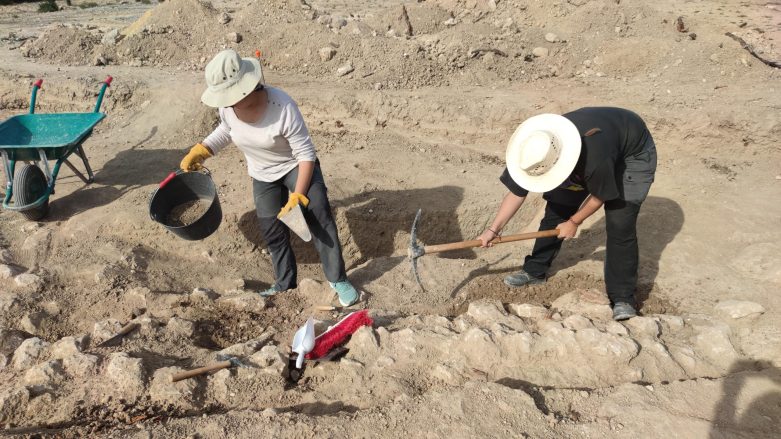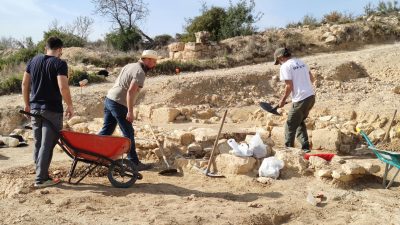
February was the beginning of a new phase of exploration at the late Republican site of Costa de la Serra (La Secuita), discovered by archaeologist Marc Dalmau from L’Argilaga (La Secuita, Tarragona).
After a decade of preliminary studies, during which the existence of a complex construction set was revealed, now a team of archaeologists from ICAC-CERCA has been able to delimit the exact extent of the northern wall of the site and two terracing walls on the southern part, with signs of defensive functionality.
The new archaeological campaign, which lasted four weeks, focused its efforts on the highest part of the site (north side), which held the most mysteries. A 10-meter-long enclosure wall and several external structures have been identified, although they are quite degraded (affected by bioturbation or alterations caused by living beings), they seem to outline a functional complex or area within the construction.
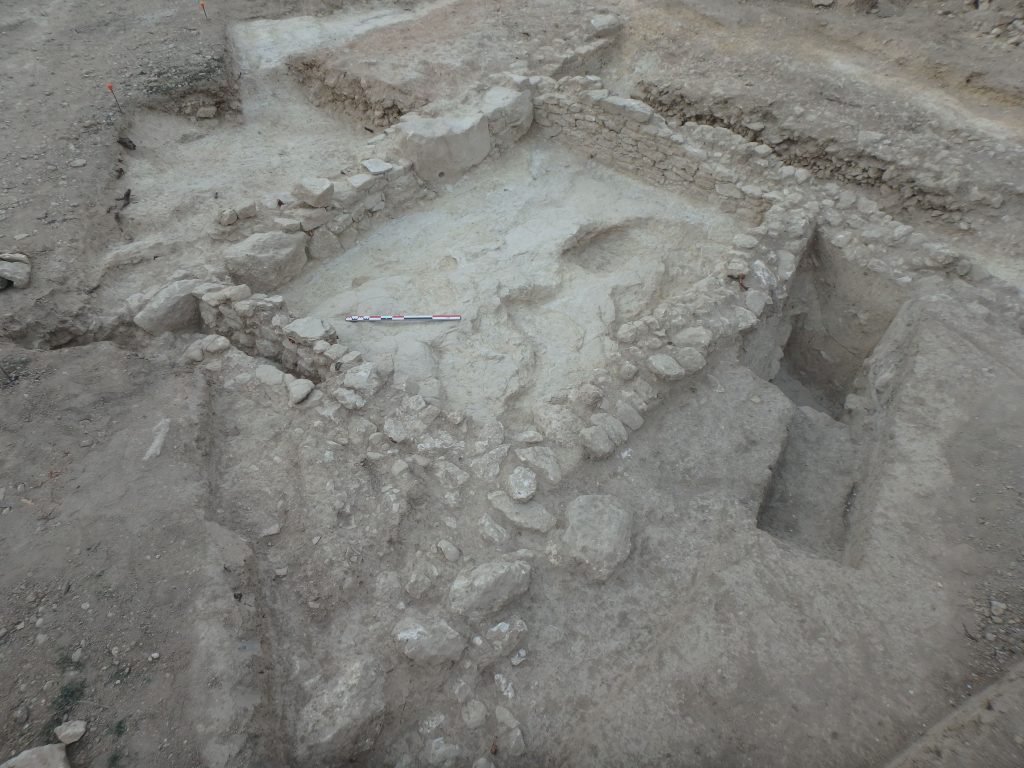
With pick and shovel!
The excavation reached very deep stratigraphic layers that were of great interest, with plenty of ceramics and materials that will provide crucial clues about the use and dating of the site through relevant analyses.
In the lower part of the site, the foundation trench of the southern wall has been located, and the presence of another row of stones adapting to the topography of the hill has been confirmed. The intervention also revealed the presence of a quarry adjacent to the site, indicating meticulous planning in the construction of the complex.
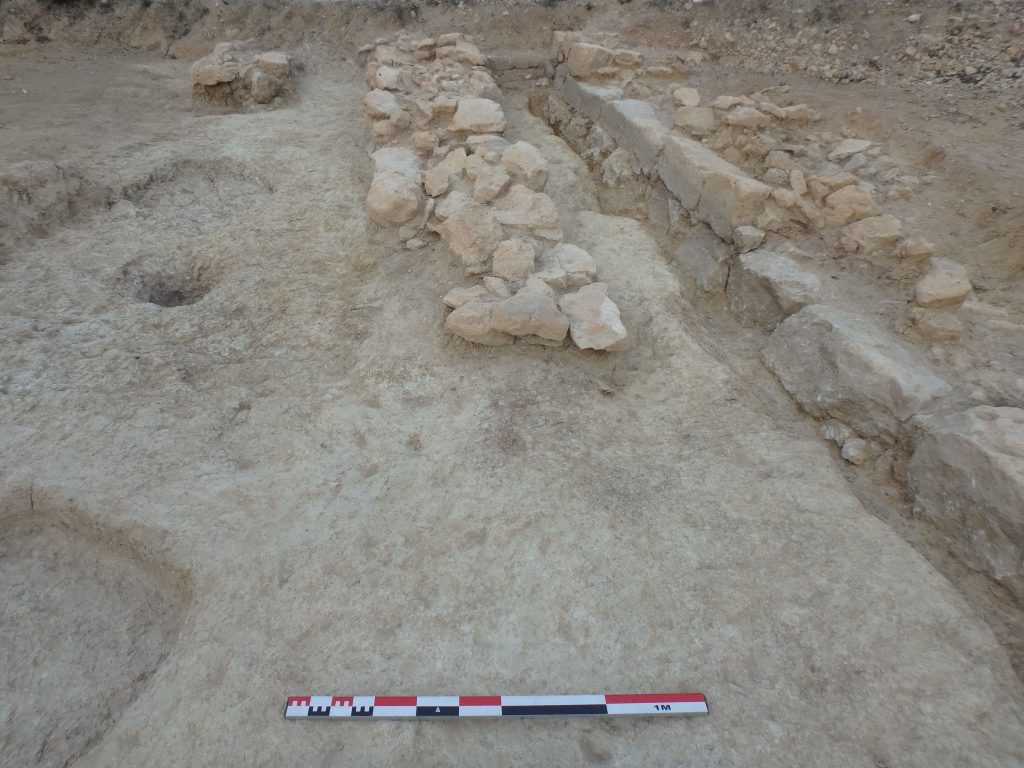
The work team consisted of about ten people, including technical and research personnel from the Catalan Institute of Classical Archaeology (ICAC-CERCA), students from the Master’s in Applied Classical Archaeology (MACA), and volunteers, under the direction of Joan Canela, Toni Corrales, and Maria Carme Belarte (ICREA-ICAC-IEC).
The intervention is part of the four-year research project El territori de Cessetània occidental al primer mil·lenni aC: del bronze final a la romanització (CLT009/22/00012) and has been co-funded by the Department of Culture of the Government of Catalonia and the City Council of La Secuita.
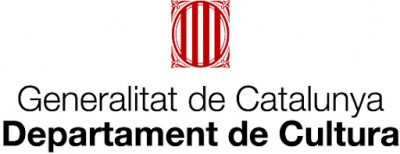

About the Catalan Institute of Classical Archaeology (ICAC-CERCA)
The Catalan Institute of Classical Archaeology (ICAC-CERCA) is a CERCA center established as a consortium in 2003 by the Government of Catalonia and the Rovira i Virgili University. It is a Catalan institution with an international scope, at the forefront of research and conservation of archaeological heritage. Its headquarters are located in Tarragona, a city recognized as a UNESCO World Heritage Site in the year 2000. Its researchers work to understand the past through the study of archaeological remains and promote the preservation of the historical legacy. We are CERCA!
For more information, visit www.icac.cat.
